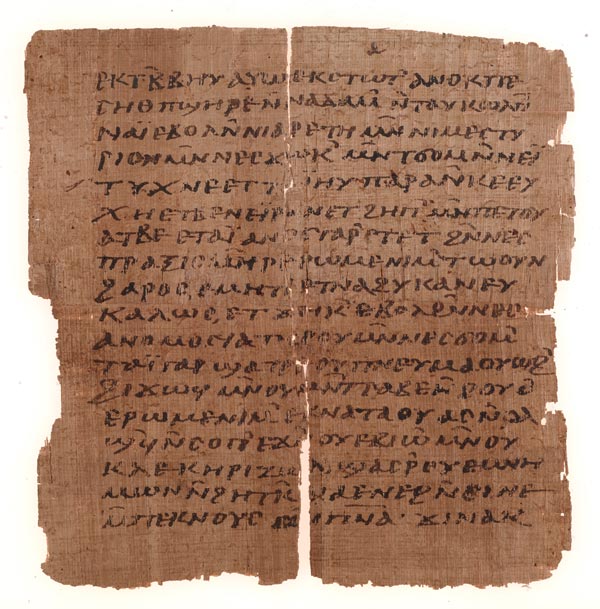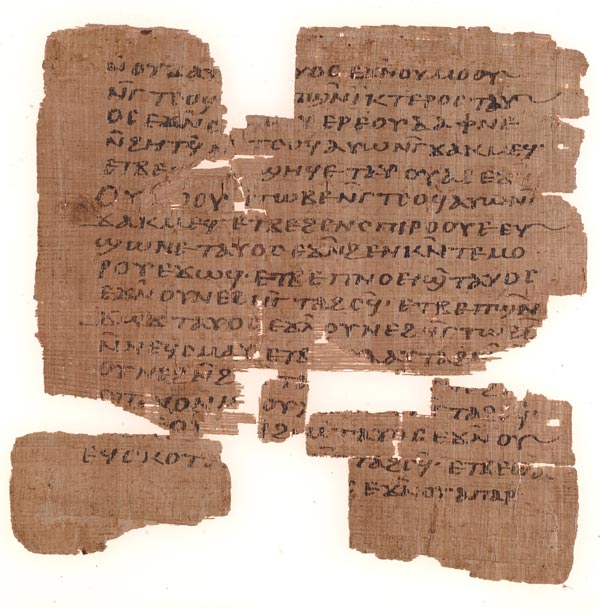This twenty-page papyrus codex is part of a larger collection known as the “The Coptic Wizard’s Hoard”, all of which comprise eight Coptic magical texts copied by five scribes sometime between the fourth and seventh centuries AD. Moreover, these eight texts are distributed in twelve manuscripts, some of them copied several times. The content of this amulet provides evidence that the large scroll was a source from which amulets could be copied, suggesting that the codex and the other two fragmentary scrolls functioned as models from which copies of magical texts could be produced upon request. Likely, this collection came from a workshop for the production of these manuscripts, a sort of “magical scriptorium,” which is indeed an extraordinary proof of the popularity of magic in Egypt in late antiquity and the early Middle Ages.
An illustration of the content of this fascinating codex is this English translation of some of the medical prescriptions on page 6:
Concerning the bite of a reptile: recite it over some water and have him drink it. For jaundice: recite it over water which has some laurel in it, and have him drink it and then wash him with it. For one who is swollen: recite it over some brick water, and have him drink it and then wash him with it. For ribs that are in pain: recite it over some figs and bind them on him. For the spleen: recite it over some oil and anoint it. For the headache: recite it over some oil and anoint his temples. For one who has been troubled: recite it over some oil of hiktanos, over some oil of spanon, with some incense, and anoint him. For one who has fever: recite it over some first-pressed [oil] and anoint him. For one who suffers vertigo: recite it over some first-pressed oil…



